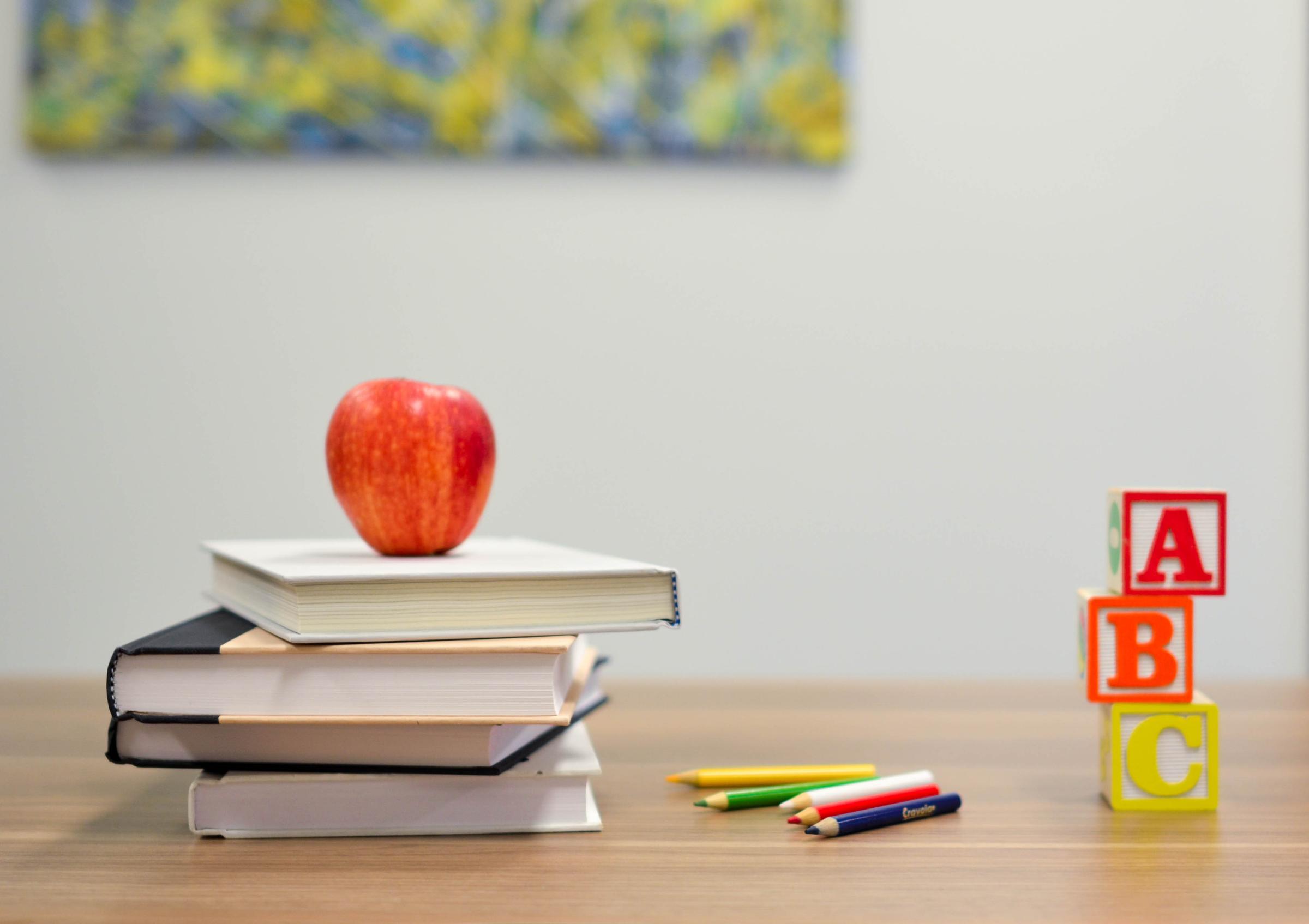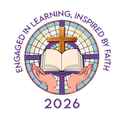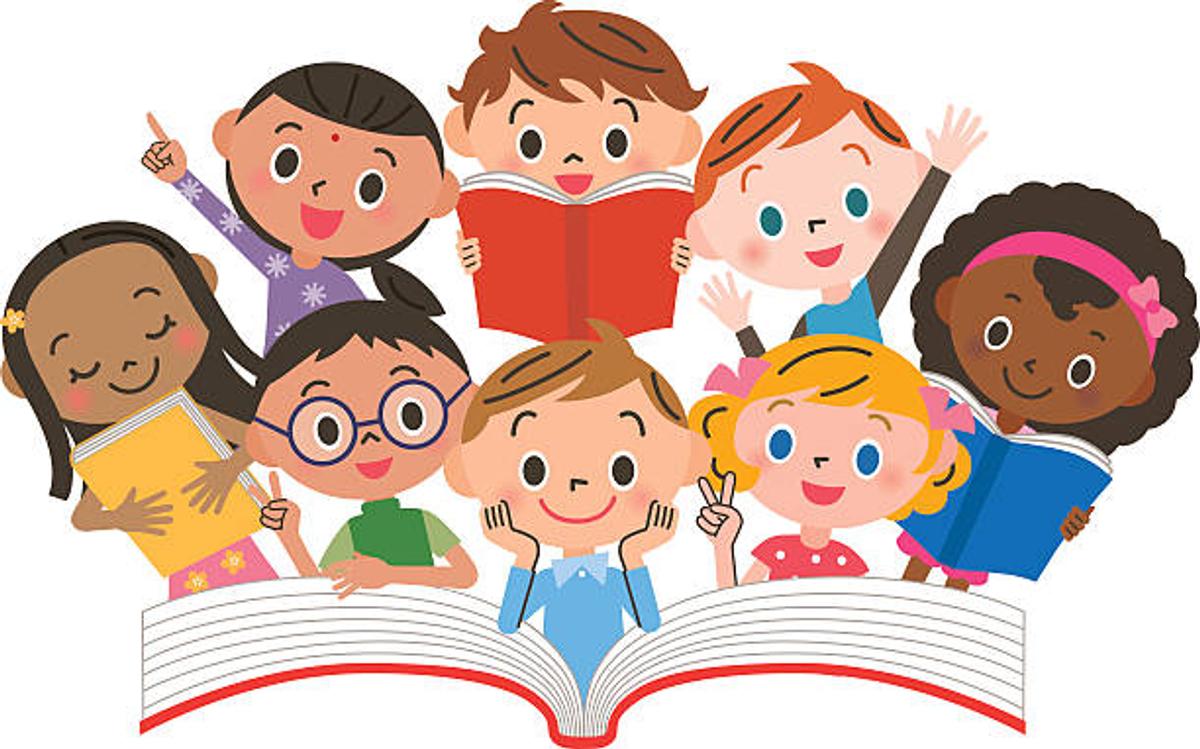Learning & Teaching

Semester 2 Academic Reports
Dear Parents,
Please note that student academic reports for Semester 2, 2024, will be available on Compass from 3.30pm on Friday, 13th December (Week 10).
These reports provide valuable insights into your child’s progress and achievements throughout the semester and are a great opportunity to celebrate the learning and growth that your child has made over the 2024 academic year.
While there will be no formal learning conversations scheduled for this term, parents and carers who wish to discuss their child’s report in detail can reach out to their child’s classroom teacher. Teachers are available for discussions on Monday 16th December and Tuesday 17th December between 3.10pm and 4.20pm. To arrange a time, please contact your child's teacher directly via email.
We encourage all parents and carers to ensure they are signed up to Compass to access these reports and other important school communications. Most families are already registered; however, if you need assistance setting up your account, please email cborg@stjmern.catholic.edu.au for support. Thank you for your continued partnership in your child’s learning journey.
Regards,
Chris Borg
Learning & Teaching Leader
Literacy around the home
Family projects
Take the opportunity to involve the whole family in reading and writing.
Some family projects could include:
- Email friends or family members.
- Write messages together on social sites to communicate with family and friends.
- Read a book series together.
- Read together the instructions for a new household item to find out how it works.
- Record family events or travel experiences in a journal or on an online blog.
- Write plays and perform them for family and friends.
- Write a film script together and make the film.
- Read, select and collect news articles, and create an album about a sports team, animal, or activity.
- Solve crosswords, word puzzles, brain-teasers, and quizzes.
- Browse libraries and bookshops together. Search for cheap books in charity stores and at garage sales.
- Prepare for an outing by reading public transport timetables, maps, and information brochures.
Creating a literacy-rich home
Give your child every opportunity to engage in reading, writing, speaking and listening. A literacy-rich environment encourages your child to value these important skills.
Here are some tips to create a literate home:
- Books. Lots of books. With lots of books your child will see reading as a normal activity and will always have something new to read.
- Create a language-rich home for your child, with alphabet and word posters, and labels.
- Organise a bookshelf to display your child’s books.
- Create a comfortable space for your child to read. Encourage your child to see reading as a relaxing and fun activity.
- Provide writing materials and a writing desk. Having different pens and pencils, and a place to write, encourages your child to write more often. Creating a special ‘writing box’ helps them see writing as an important activity.
- Collect props for imaginative play, and materials for craft projects. These can form the basis for practising speaking and writing.
- Set aside a time each week for ‘family reading time’ when every family member is reading.
- Regularly discuss what your child is reading or writing.
- Very importantly, read yourself. One of the most important ways to get your child reading is to model reading for your child. Encourage your child to read, and to see reading as a normal part of the day. Siblings, grandparents, and relevant persons in a child’s life can also be reading role models.
Source: https://www.vic.gov.au/how-build-your-childs-literacy-skills-years-3-6
Mathematics
As we approach the Christmas/Summer break, families may be looking for meaningful activities to support their child’s Mathematics learning outside the classroom. We’d like to remind you about the “Maths at Home” document we shared with you at the beginning of the year. This booklet is filled with practical activities to reinforce the maths concepts your child has been exploring at school.
Research shows that a strong connection between home and school can have a powerful impact on a child’s education. The “Maths at Home” booklet offers activities that families can work through together, supporting their child’s understanding and application of Mathematics in a fun, engaging way. Each page includes a section called “What are you learning?” which explains what specific skills each task aims to improve.
Use the link below to access the “Maths at Home” document.

